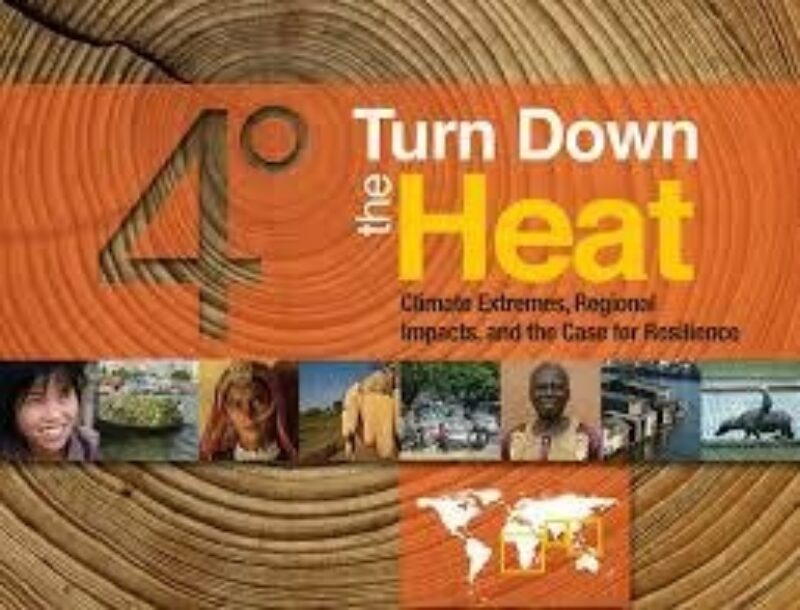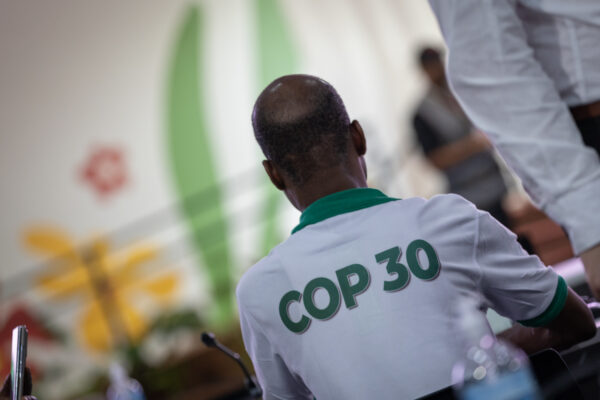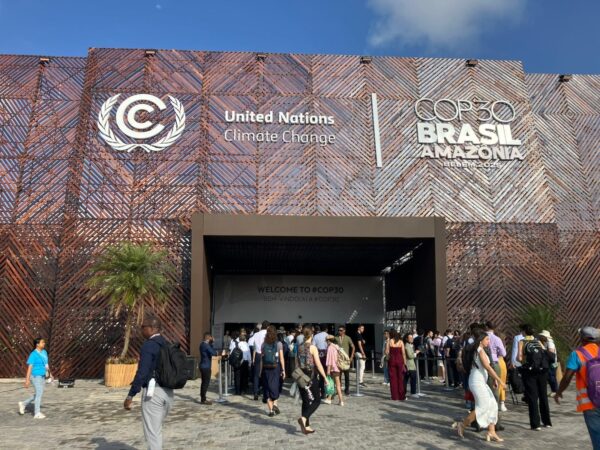Warmer world will keep millions of people trapped in poverty, says new report
Regular food shortages in Sub-Saharan Africa, shifting rain patterns in South Asia, degradation and loss of reefs in South East Asia resulting in reduced fish stocks and coastal communities and cities more vulnerable to increasingly violent storms, these are but a few of the likely impacts of a possible global temperature rise of 2 degrees Celsius in the next few decades that threatens to trap millions of people in poverty, according to a new scientific report released today by the World Bank Group.
Share

Turn Down the Heat: Climate Extremes, Regional Impacts, and the Case for Resilience builds on a World Bank report released late last year, which concluded the world would warm by 4 degrees Celsius(4°C or 7.2 degrees Fahrenheit) above pre-industrial levels by the end of this century if we did not take concerted action now. This new report looks at the likely impacts of present day, 2°C and 4°C warming on agricultural production, water resources, coastal ecosystems and cities across Sub-Saharan Africa, South Asia and South East Asia.
“This new report outlines an alarming scenario for the days and years ahead – what we could face in our lifetime,” said World Bank Group President Jim Yong Kim. “The scientists tell us that if the world warms by 2°C — warming which may be reached in 20 to 30 years — that will cause widespread food shortages, unprecedented heat-waves, and more intense cyclones. In the near-term, climate change, which is already unfolding, could batter the slums even more and greatly harm the lives and the hopes of individuals and families who have had little hand in raising the Earth’s temperature.”
“These changes forecast for the tropics illustrate the level of hardships that will be inflicted on all regions eventually, it we fail to keep warming under control,” Kim said. “Urgent action is needed to not only reduce greenhouse gas emissions, but also to help countries prepare for a world of dramatic climate and weather extremes.”
The report, prepared for the World Bank by the Potsdam Institute for Climate Impact Research and Climate Analytics, reveals how rising global temperatures are increasingly threatening the health and livelihoods of the most vulnerable populations, crucially magnifying problems each region is struggling with today.











